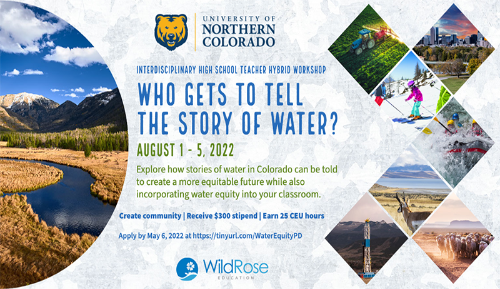Who gets to tell the story of water?
Water, Equity, and You - An interdisciplinary Workshop for ALL 9-12 Educators
Dates:August 1-5th, Synchronous components will consist of two virtual morning meetings (Monday & Wednesday 8:30am-11am) and one afternoon in-person meeting (Friday) in addition to pre-course work and homework available from July 25th - August 12th.
Who: Colorado high school educators from all disciplines with an interest in water. This Hewit Institute grant funded workshop intends to bring 20 high school educators together from a broad reach of academic disciplines and regions of Colorado.
Join educators from Wild Rose Education and the University of Northern Colorado in this week-long mixed synchronous/asynchronous teacher training professional development program exploring the stories of water in Colorado. By crafting our own unique water stories, listening to others’ and understanding how water is talked about and decisions are made, we will help all increase our collective understanding of water equity.
Teachers will learn about water equity by incorporating social science and historical perspectives with natural science into their own disciplinary context, and learn tools and content to develop their own classroom learning materials. This workshop is committed to interdisciplinary inclusivity by building a diverse group of participants. ALL 9-12 grade educators are encouraged to apply from any academic discipline (e.g. humanities, social sciences, geography, business, language arts, debate, arts, composition, and physical education) in addition to natural science educators.

Water equity occurs when all communities:
- have access to safe, clean, affordable drinking water and wastewater services;
- share in the economic, social, and environmental benefits of water systems;
- and are resilient in the face of floods, drought, and other climate risks.
WIIFM? (What’s In It For Me?)
Teaching Tools! Continuing Education Credits! Stipend!
A Chance to Shape Water’s Future!
Participants will leave the workshop with inspiration and tools to incorporate equity principles into their teaching. Participants will complete a final reflective piece at the end of the workshop. Upon completion of the workshop and all course work, teachers will be provided a stipend of $300. Participants will receive 25 hours of Continuing Education Units. Participants will produce a final project that is unique and applicable to their teaching environment: (e.g. reflection, lesson plan, story map, unit plan, and/or examples of how water resource issues are taught through the lens of different disciplines.
Description:
Teachers will learn about water equity by incorporating social science and historical perspectives with natural science into their own disciplinary context, and learn tools and content to develop their own classroom learning materials.
After this workshop, we expect participants will be able to:
- Tell your own unique water story
- Describe how water is used in your region of Colorado and across the state
- Discuss environmental justice concepts through the context of water in your region of Colorado and across the state
- Define, describe, and explain the concept of Water Equity and its implications to Coloradans
- Incorporate water equity concepts and teaching practices into your own unique learning environments.
How to Apply:
Application Due date: Sunday, May 16, 2022 (Applications will be reviewed and participants notified of acceptance by Wednesday May 26, 2022). Maximum number of participants: 20
Workshop Format:
Workshop format will be mixed synchronous/asynchronous and delivered remotely with synchronous sessions August 1st - 5th, 2022. The asynchronous component includes materials such as readings, pre-recorded lectures and videos, and individual assignments to prepare for synchronous components and synthesize information after the synchronous meetings. Synchronous components will consist of two morning meetings (Monday & Wednesday 8:30am-11am) and one afternoon meeting (Friday) with activities and discussions and incorporation of workshop content into one lesson plan in the participant’s curriculum.
The Friday session will be in person, for those who can attend, at the Headwaters
Center in Winter Park, CO. This center doubles as an
interactive museum on water history in Colorado and a meeting venue. There are multiple
meeting spaces with full technological support for meetings and both indoor and outdoor
meeting spaces.
A dynamic mix of readings, videos, audio recordings, maps, stories, and various interactive, engaging small group discussions and activities will be utilized throughout the entire course. Canvas LMS will be used in addition to google slides, padlet, and other varied online teaching tools. Full participation and engagement is expected during the zoom meetings; participating from a smartphone while in transit will not be sufficient.
Prepare to complete 7.5 hours of online zoom course meetings and 17 hours of additional pre-work and homework. Graduate credit will be available via the UNC Extended Campus for the cost of $65 per credit.
Virtual Learning Hardware and Software - these tools will make your learning experience the most effective and pleasant:
- laptop or desktop computer with computer camera and microphone
- familiarity with google slides/docs
- ability to learn how to use Canvas LMS to access the course website and all assignments
- create Padlet.com free login to be able to contribute to course activities and assignments
Pre Course and Post Course Work
- Participants are sent email communication 2-3 weeks prior to the start of the course with directions for logging into the course canvas website.
- Pre-work assignments are available 5 days before the course begins and are expected to be completed by the first zoom class.
- Post-work final assignments are to be completed within 5 days of the last zoom class.
Meet your workshop facilitators!
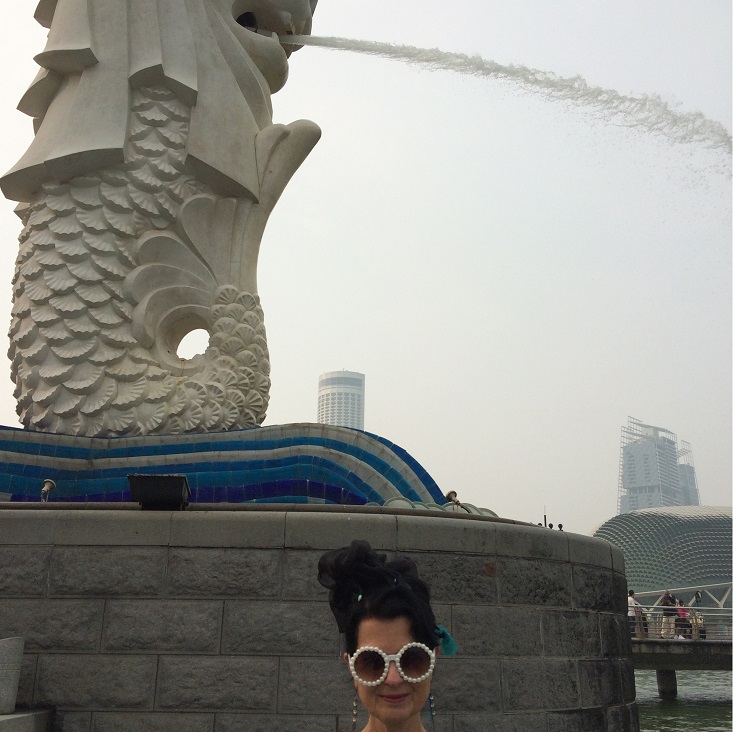
Lin Allen, PhD
Lin is a professor of rhetoric in Communication Studies at UNC. She grew up on a farm
in American Falls, Idaho. One winter morning the sixth grader departed from the local
train depot with her parents to visit New York and the nation’s capital. Seared in
her memory of that trip is Arlington’s eternal flame. Allen’s interest in studying
heroes and legacy continued in high school where she participated in debate, played
the role of mother of a soldier missing in action in The death and life of Larry Benson, and performed dramatic readings of Luigi Pirandello’s War. She joined UNC’S faculty in 1992, where her highlights include teaching a Study Abroad
course in Athens, developing MetaMock, a forum joining Drama and Law, and team-teaching
Scientific Communication courses with Biology Professor Dr. Scott Franklin.
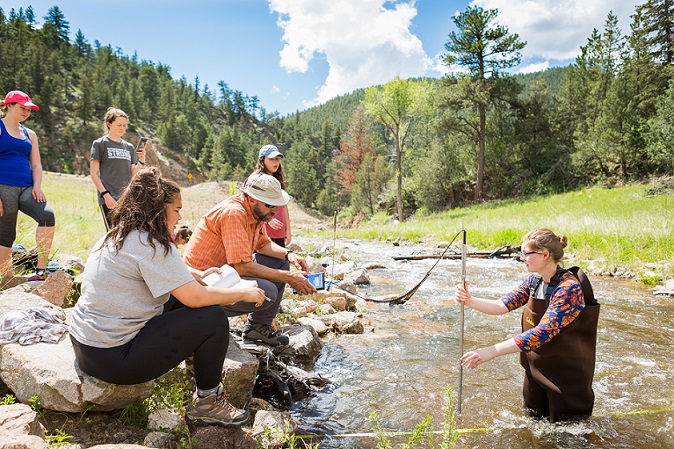
Scott Franklin, PhD
Scott is a professor in the UNC School of Biology. Since completing his PhD in Plant
Ecology at Southern Illinois University, he has been looking at how plant communities
respond to disturbance, especially applied research aimed to improve management and
conservation. In addition, he is interested in clonal plants, those crazy plants that
continue to grow new individuals without sexual reproduction and thus are potentially
immortal?? – bamboo and aspen are his favorite examples.
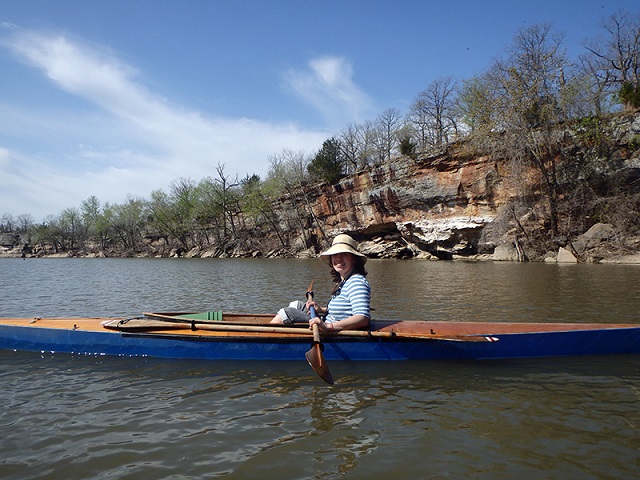
Sarah Johnson, MAEd
Sarah is a freelance science educator of watershed science, civics, and geography;
climate change, Arctic weather and climate, public lands, and environmental education
through her business, Wild Rose Education. She is currently an instructor for Western
Colorado University’s Teacher Institute, a lead instructor for the US Naval Sea Cadets
Arctic Buoy STEM Program, and is developing a new Climate Change Educator Network
across the Upper Colorado River Basin. Sarah has created and facilitated numerous
watershed focused education programs in addition to an award winning Youth Water Leadership
Program.
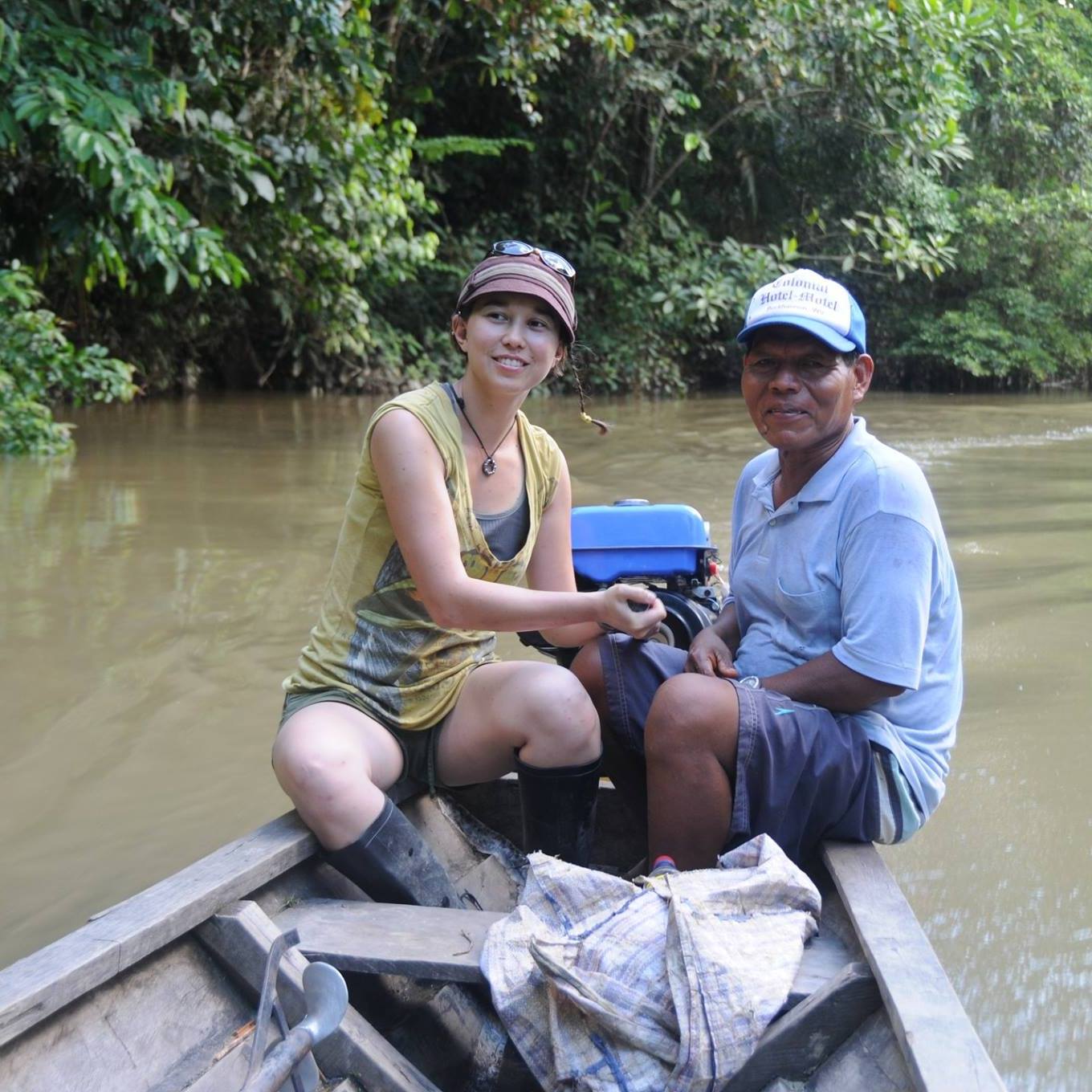
Chelsie Romulo, PhD
Chelsie is a professor in Environmental and Sustainability Studies at the University of Northern Colorado. Her research spans several resource management
contexts, but consistently seeks to understand what works and why to explain what contextual characteristics result in impacts and outcomes. She uses
mixed methods approaches to integrate quantitative and qualitative data that can be
applied to many different management and policy situations and frequently make use
of existing data in new contexts. One aspect of her research interests delves into
evaluating enabling conditions for payments for ecosystem services programs using big data machine learning models. She is currently PI of an NSF IUSE grant using machine learning techniques as an assessment tool to understand how students
learn complex sustainability topics.
Contact Information
Point of contact for more information:
Chelsie Romulo | chelsie.romulo@unco.edu | 970.351.1565
Assistant Professor in Geography, GIS, and Sustainability
University of Northern Colorado

